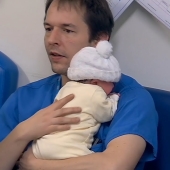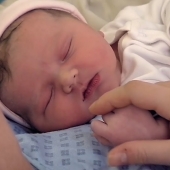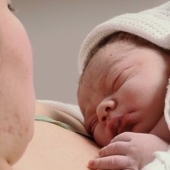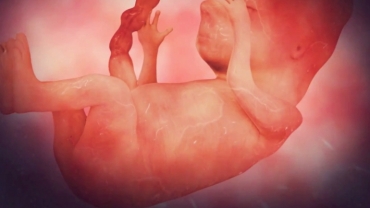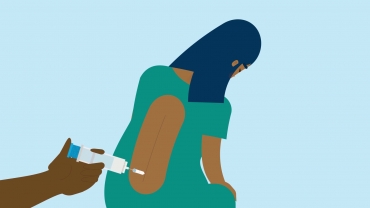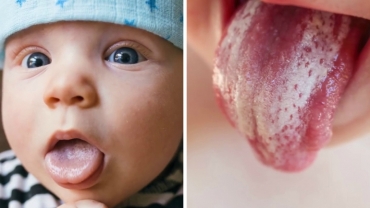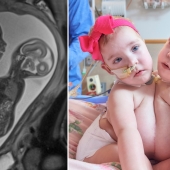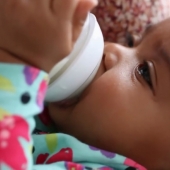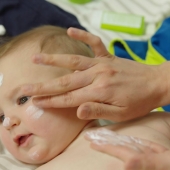When your baby is jaundiced it means that their skin and other body parts turn a yellow colour. It is due to a build-up of a chemical called bilirubin in the tissues of the body. Bilirubin is a normal body chemical but can build up to abnormally high levels.
Treatment is usually only necessary if your baby has high levels of a substance called bilirubin in their blood, so tests need to be carried out to check this. Increasing your baby's fluid intake is very important. Treatment will also be needed for any cause of the jaundice such as an infection.
Most newborn babies with jaundice don't need treatment because the level of bilirubin in their blood is found to be low. In these cases, the condition usually gets better within 10 to 14 days and won't cause any harm to your baby.
Prolonged newborn jaundice can occur if your baby was born prematurely or if he or she is solely breastfed. It usually improves without treatment. However, further tests may be recommended if the condition lasts this long to check for any underlying health problems.
If your baby's jaundice doesn't improve over time or tests show high levels of bilirubin in their blood, they may be admitted to hospital and treated with phototherapy or an exchange transfusion.
Phototherapy: Light treatment (phototherapy) uses light to help reduce the amount of bilirubin and so treat the jaundice. Your baby's skin and blood absorb the light waves. The light waves change bilirubin into harmless substances. Phototherapy is safe and effective. It is used if the bilirubin level goes too high and is often the main treatment for jaundice in a baby.
Exchange transfusion: If the bilirubin level becomes very high then an exchange transfusion may be needed. This involves replacing some of your baby's blood with a blood transfusion to bring the bilirubin level down more quickly.
Abou video: Susan Hendricks explains Jaundice and the importance of treating it.
- 386 views

